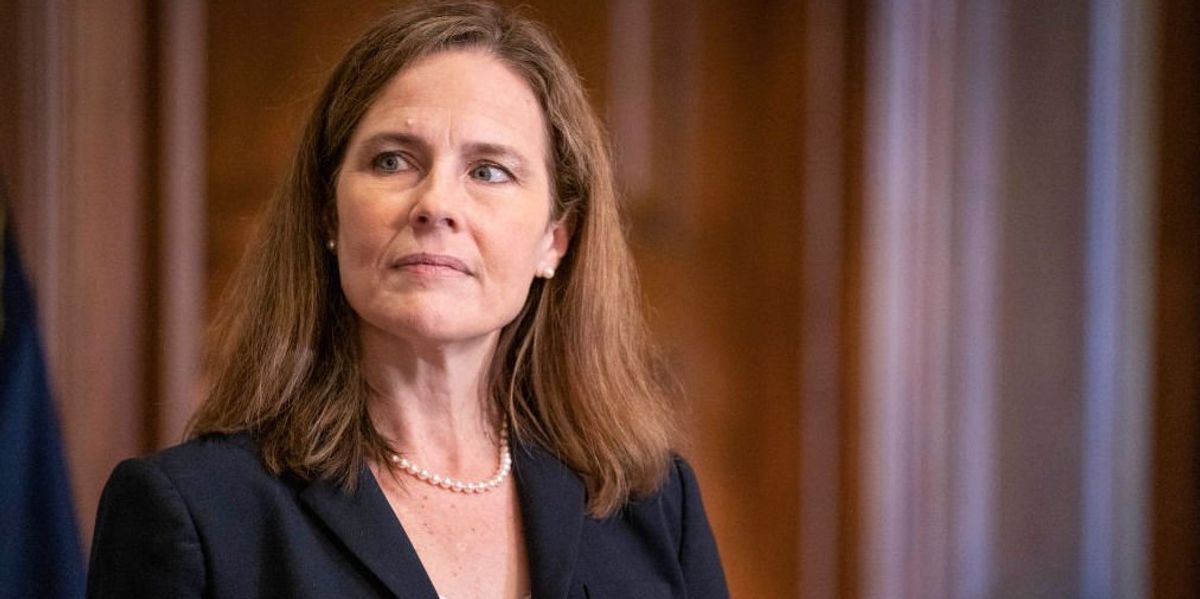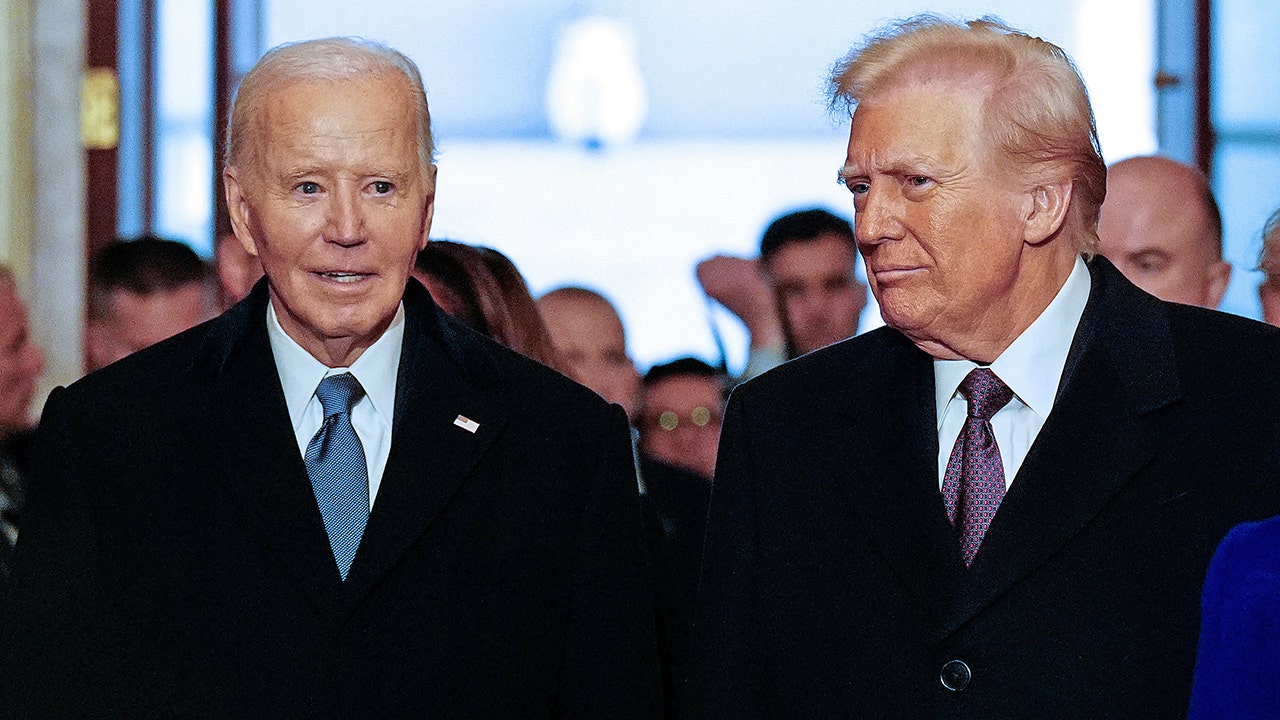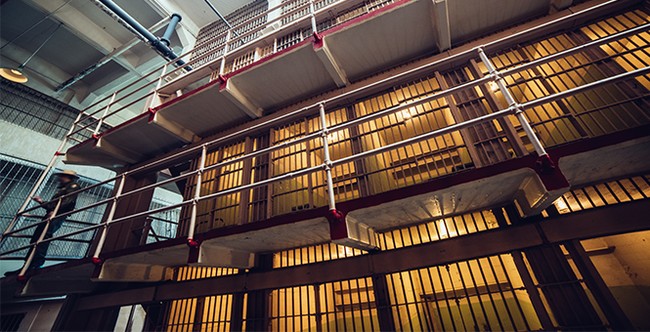The Supreme Court disappointed Christians when it deadlocked in Oklahoma Statewide Charter School Board v. Drummond.
The justices’ 4-4 split keeps in place the ruling of the Oklahoma Supreme Court that St. Isidore of Seville Virtual School may not operate as a charter school in the state — for now, anyway.
Denying American families access to the winning combination of a Catholic charter school is not only unconstitutional but also unconscionable.
The court’s “non-decision decision” came about, in part, because Justice Amy Coney Barrett recused herself from the case. Barrett did not explain her reasons, but her close ties to Notre Dame’s Religious Liberty Clinic and her friendship with a chief adviser to the school likely played a role.
How this happened
In the face of progressive accusations of unethical behavior, the justices recently agreed to a code of conduct that represents “a codification of principles” governing their conduct. Importantly, a justice is “presumed impartial” and “has an obligation to sit unless disqualified.” The code adds, presciently, that “the absence of one Justice risks the affirmance of a lower court decision by an evenly divided Court — potentially preventing the Court from providing a uniform national rule of decision on an important issue.”
Back in 2003, Justice Antonin Scalia, for whom Barrett once served as a law clerk, denied a motion for his recusal based on his friendship with then-Vice President Dick Cheney, who was a named party in a case before the Court.
“The people must have confidence in the integrity of the Justices, and that cannot exist in a system that assumes them to be corruptible by the slightest friendship or favor, and in an atmosphere where the press will be eager to find foot-faults,” Scalia wrote.
In any event, what is done is done. And more importantly, Barrett’s recusal is not binding for future cases.
The victory that wasn’t
Secularists and opponents of school choice have been celebrating the outcome, even though split decisions do not constitute binding legal precedent.
As Notre Dame Law Professor and Supreme Court scholar Richard Garnett observed, “The do-nothing denouement in this particular round of litigation does not preclude other courts, in other cases, from vindicating the no-discrimination rule and permitting religious schools to participate in charter-school programs.”
Garnett is right. The twin religion clauses of the First Amendment — the Free Exercise Clause and the Establishment Clause — permit certification of religious schools like St. Isidore’s as charter schools.
Take, for example, the court’s recent decisions involving the Free Exercise guarantee and school choice initiatives. When the court struck down the “No-Aid” provision in Montana’s state constitution that excluded religious schools and families from a publicly funded scholarship program for students attending private schools, Chief Justice John Roberts reaffirmed the Free Exercise Clause’s demand for fairness.
“A state need not subsidize private education,” he observed. “But once a State decides to do so, it cannot disqualify some private schools solely because they are religious.”
Similarly, in Carson v. Makin, the court found that Maine violated the Constitution when it excluded religious schools from participating in a voucher program for rural students. Roberts, again writing for the court, explained that “the State pays tuition for certain students at private schools — so long as the schools are not religious. That is discrimination against religion.”
No clause against faith
Allowing religious schools such as St. Isidore’s to participate in a state’s charter school program is merely a natural application of this principle of fairness. But what about the Establishment Clause?
Oklahoma Attorney General Gentner Drummond argued that certifying St. Isidore’s as a charter school would violate the Establishment Clause.
His argument has some appeal, particularly for secularists who want public schools to have a virtual monopoly over America’s educational system. Granted, the Supreme Court has repeatedly held that the Establishment Clause prohibits public schools from providing religious instruction. Private schools, by contrast, are free to do so. Charter schools receive public funding, but they are privately established and controlled schools with minimal regulatory oversight by the government.
Consequently, charter schools are not state actors. And because they are not state actors, a charter school’s endorsement of any particular religion does not constitute a violation of the Establishment Clause.
Success secularism can’t match
Charter schools currently exist in 45 states and the District of Columbia. A recent study reveals that charter-school students “show greater academic gains than their peers in traditional public schools.” The study also found that “charter students in poverty had stronger growth, equal to seventeen additional days of learning in math and twenty-three additional days of learning in reading, than their [traditional public school] peers in poverty.”
As for the benefits of a Catholic education, Catholic school students “continue to outpace public schools in math and reading, while public school student achievement has not returned to pre-pandemic levels and reading scores continue to decline following a sobering trend last reported in 2022.”
Denying American families access to the winning combination of a Catholic charter school, then, is not only unconstitutional but also unconscionable.
The split decision affirming the Oklahoma Supreme Court means that families in the Sooner State cannot yet benefit from the stellar Catholic education offered by St. Isidore’s as a charter school.
Still, it needs repeating: The order does not set precedent. The question of whether the Constitution allows a state to exclude religious schools from its charter program is not settled.
A call for clarification will likely be before the court soon and, with a full bench, we should expect that principles of fairness and religious freedom will prevail.
Read the full article here









![Rosie O’Donnell Speaks Out After Her Daughter’s Prison Sentence in Wisconsin: ‘Prayers Welcomed’ [WATCH] Rosie O’Donnell Speaks Out After Her Daughter’s Prison Sentence in Wisconsin: ‘Prayers Welcomed’ [WATCH]](https://www.boredtrashpanda.com/wp-content/uploads/2025/04/2025.04.28-08.07-boredtrashpanda-680fe00b28311.jpg)


